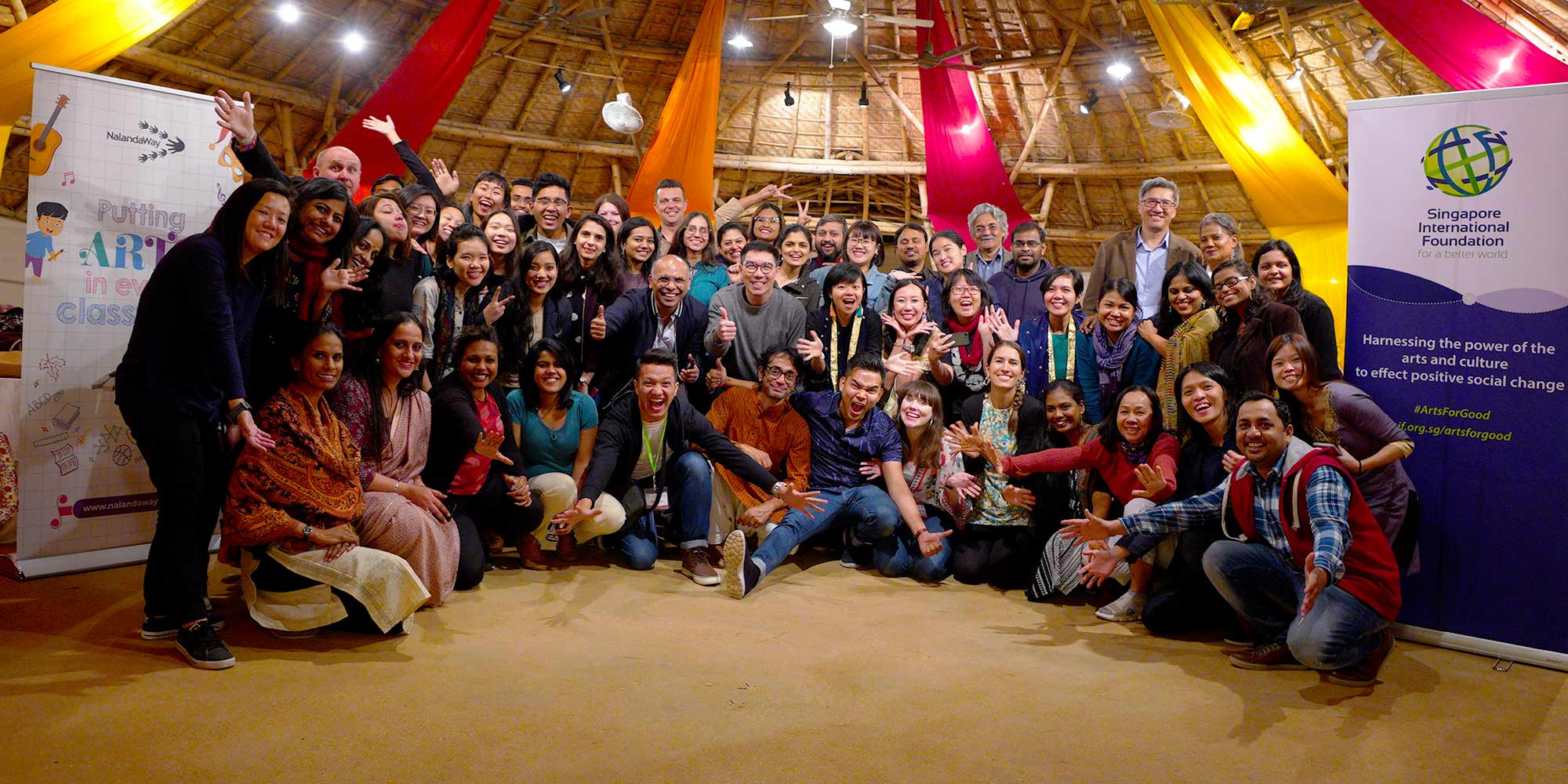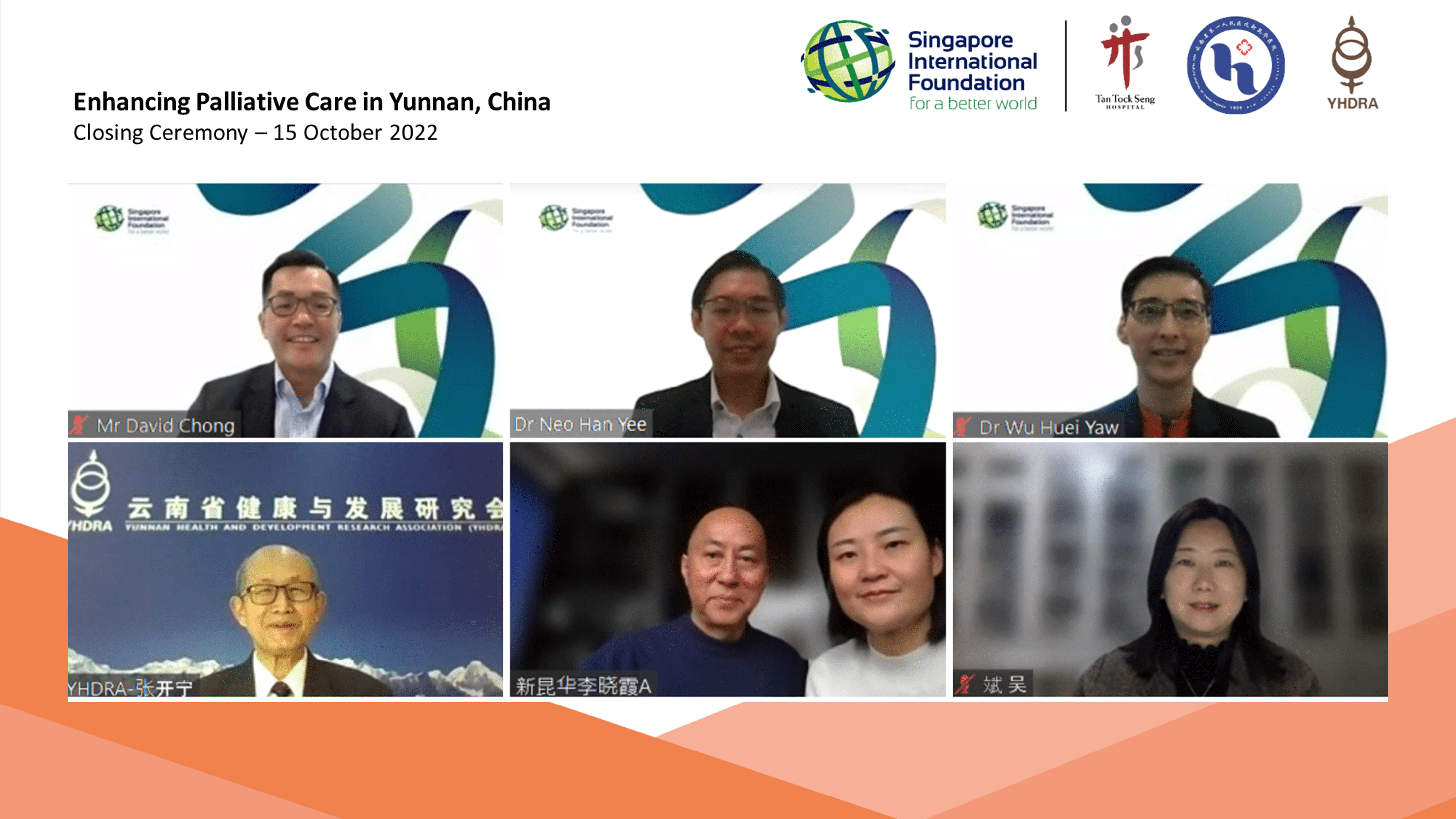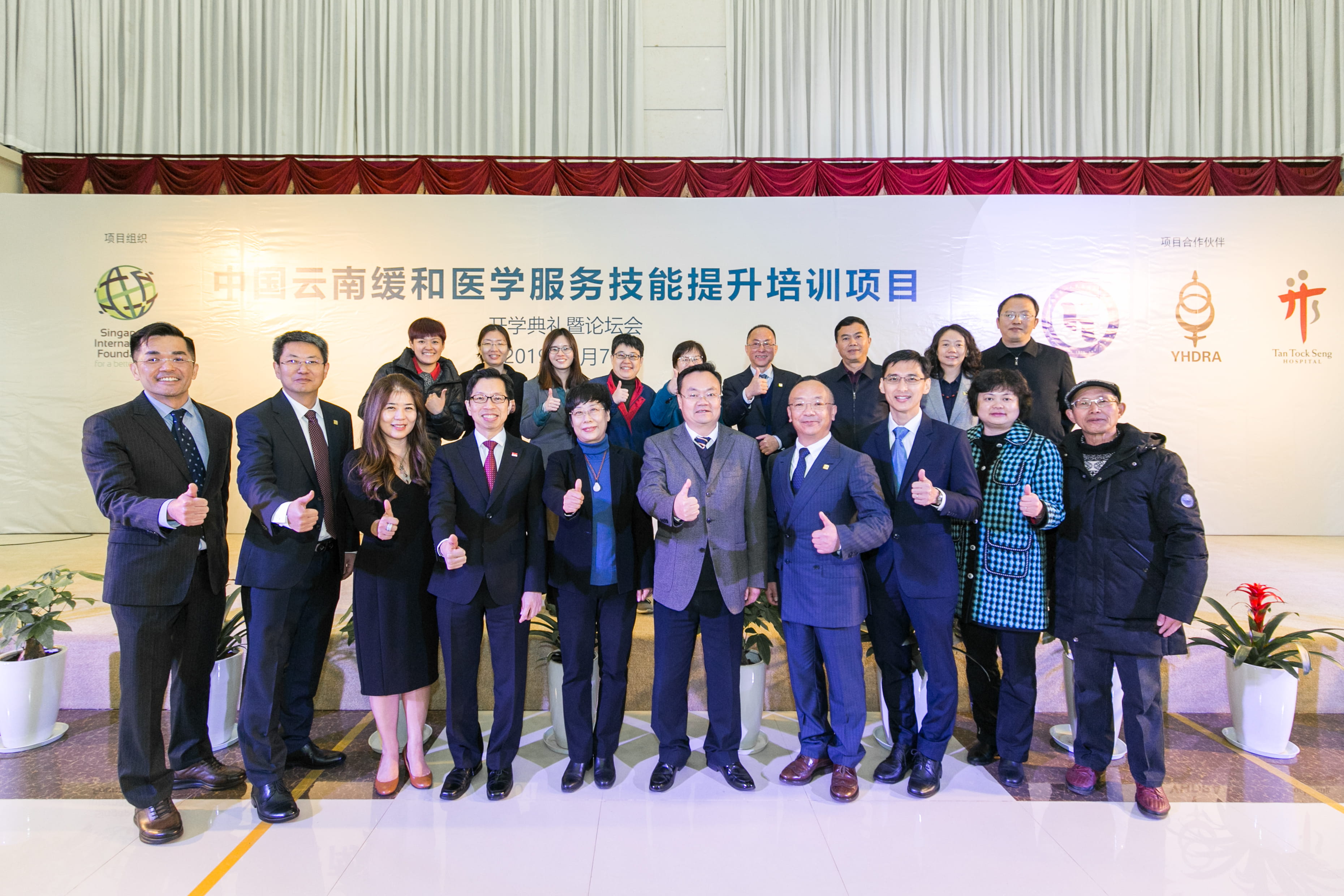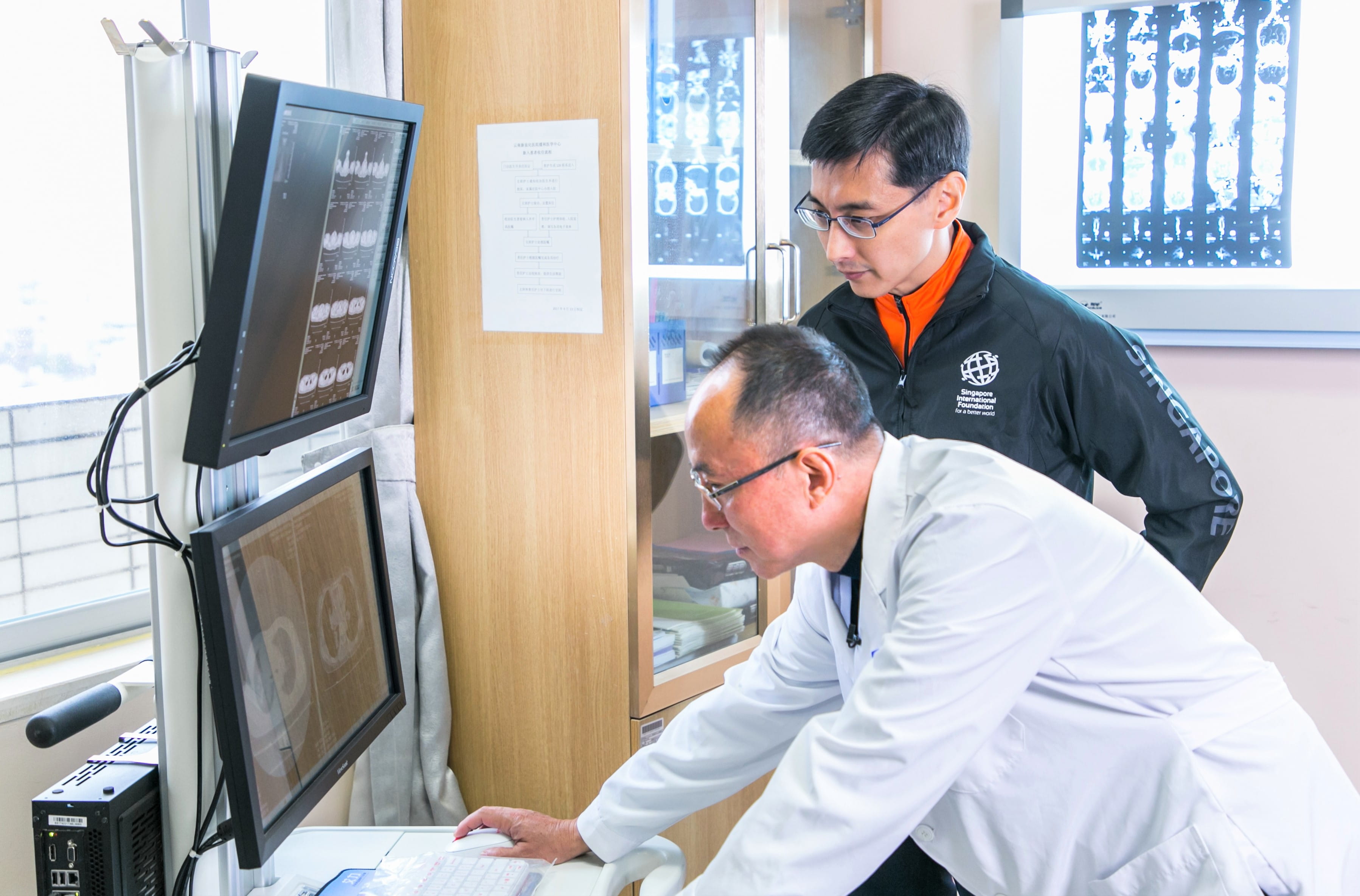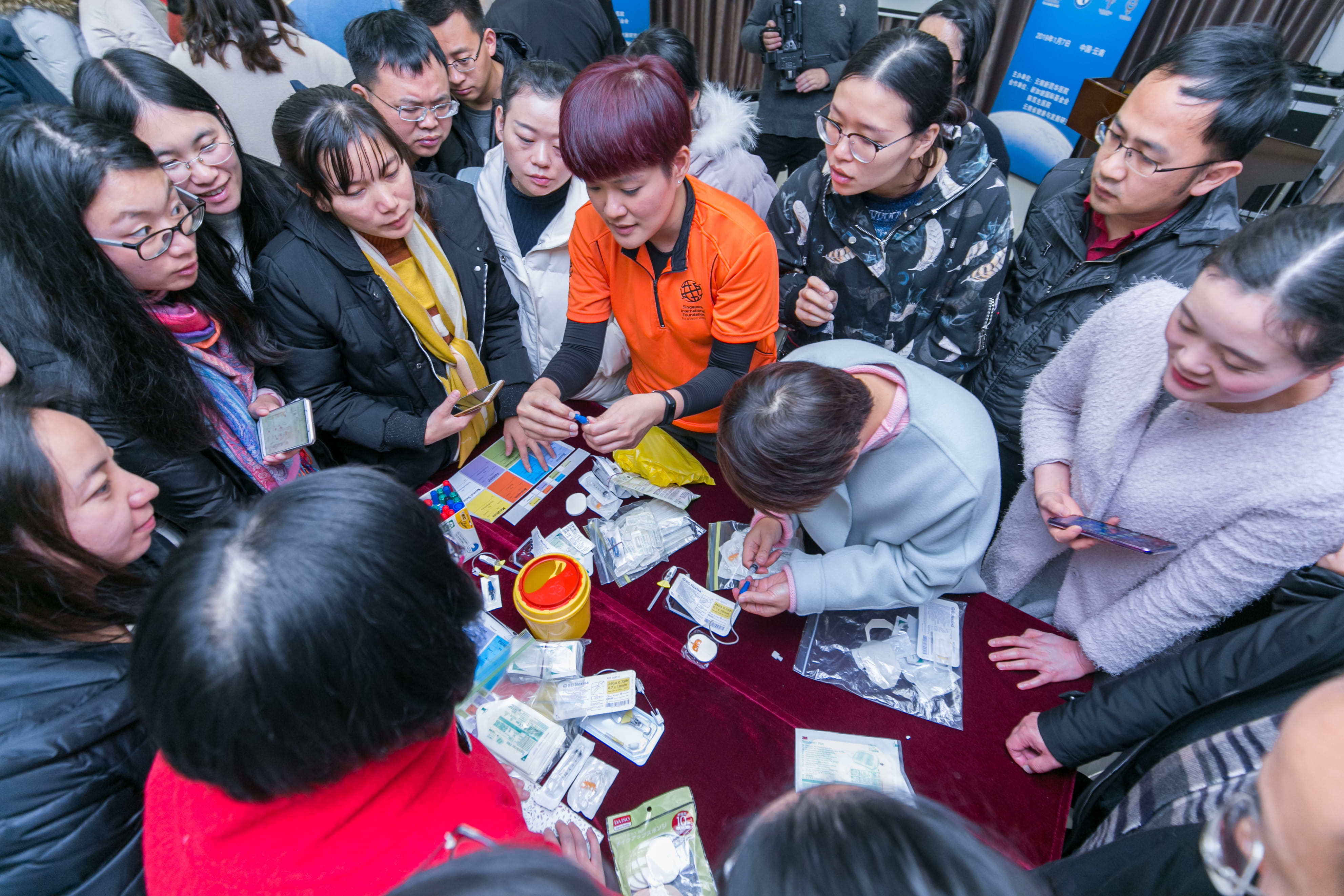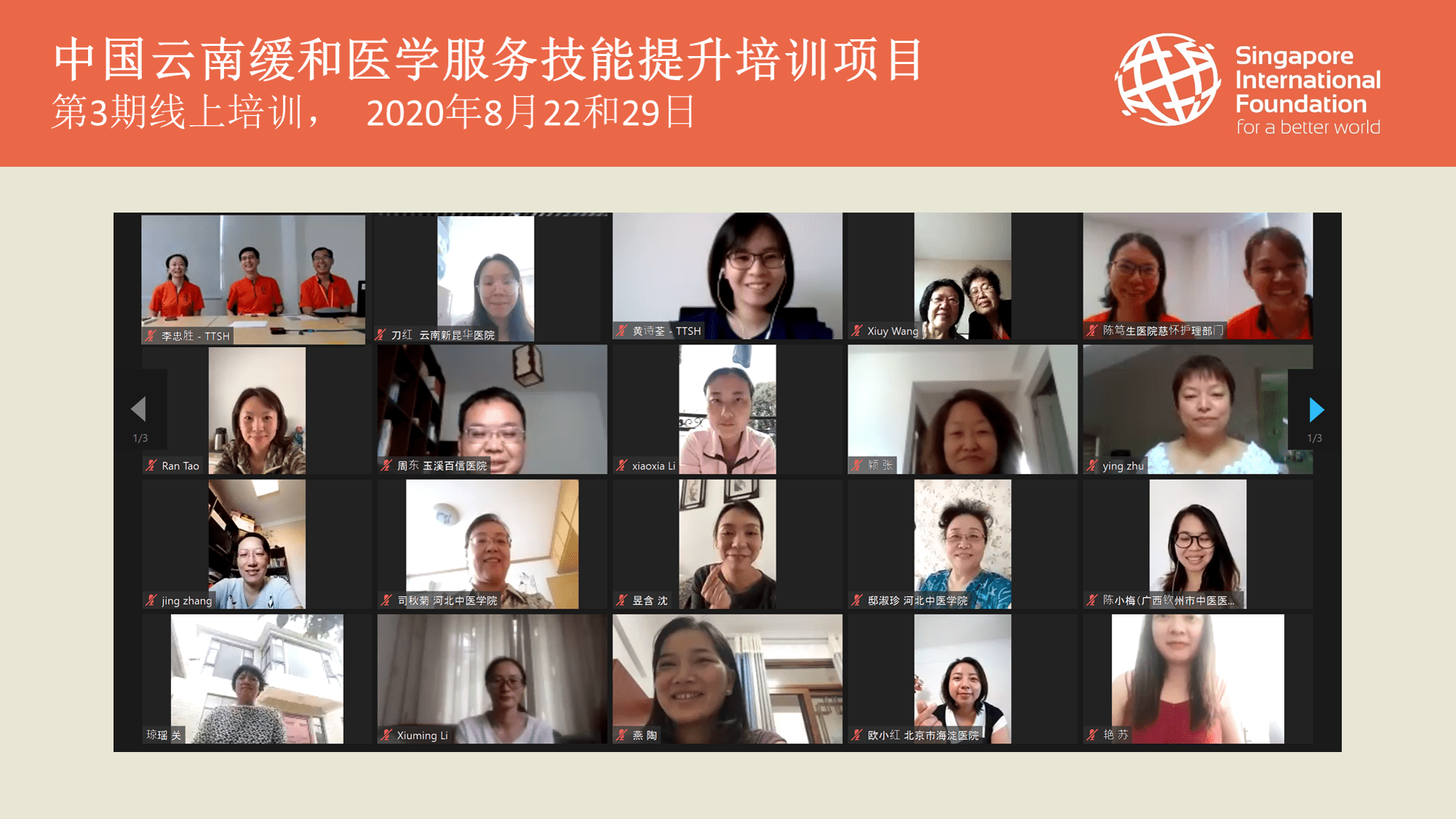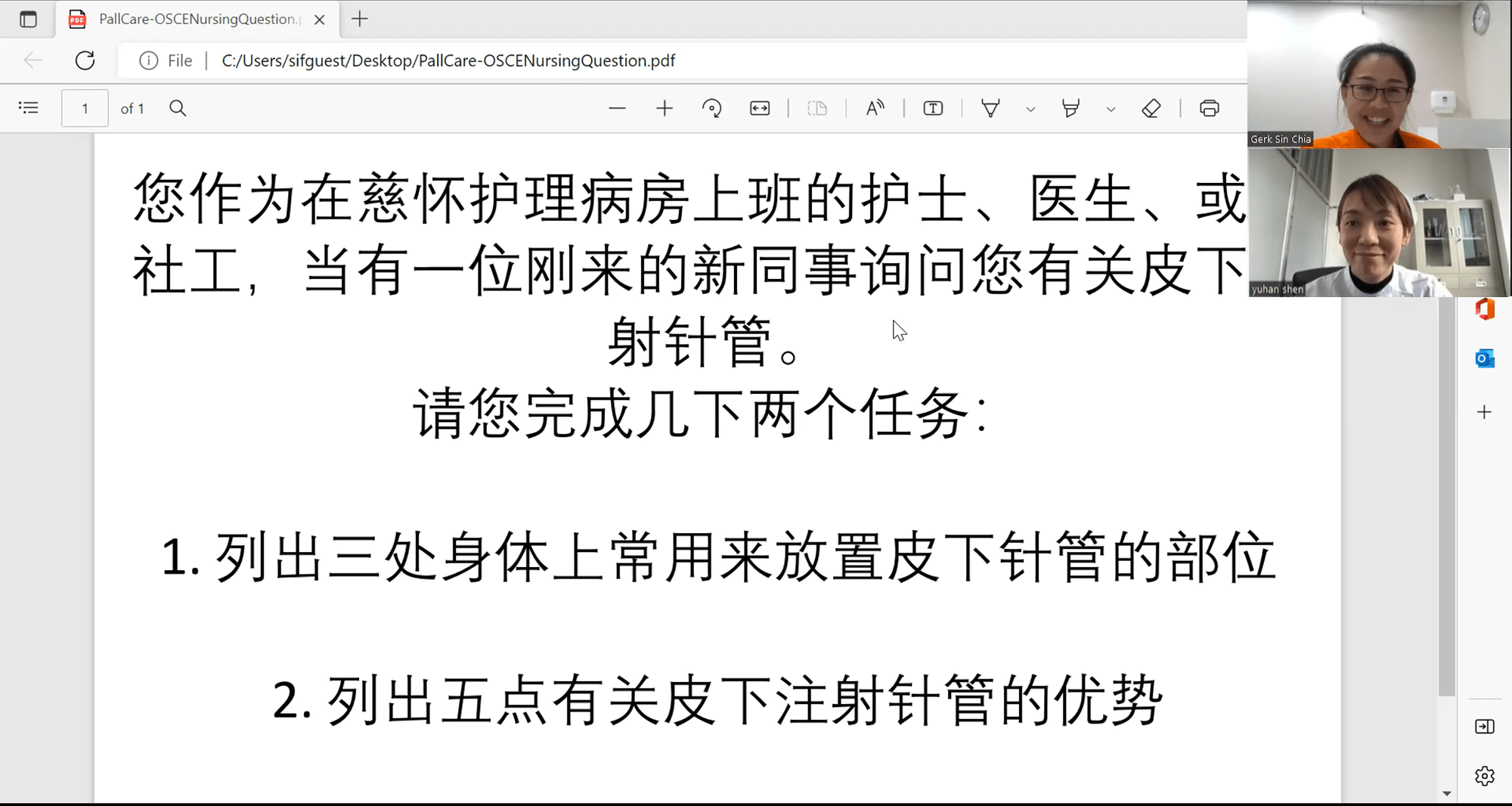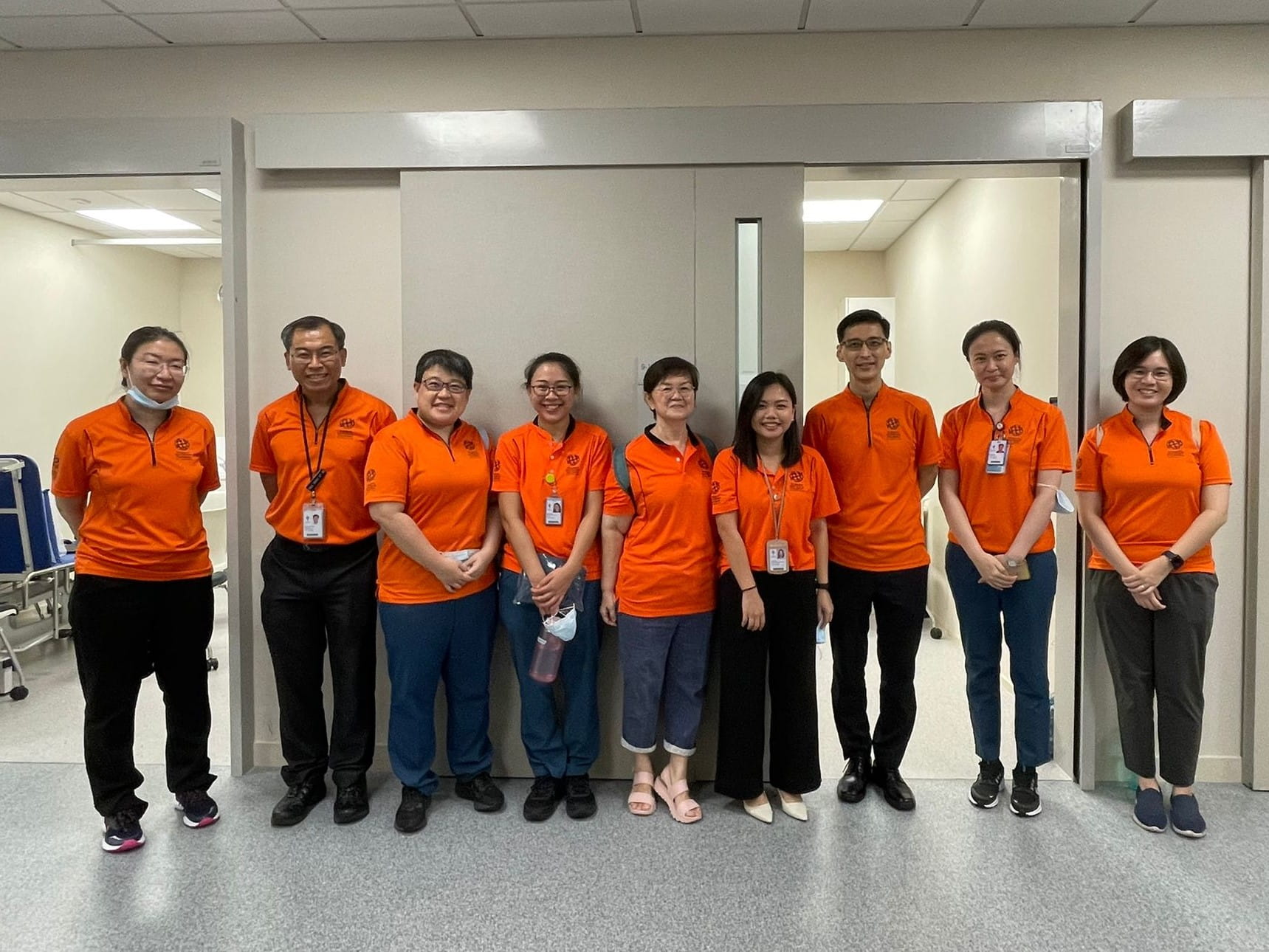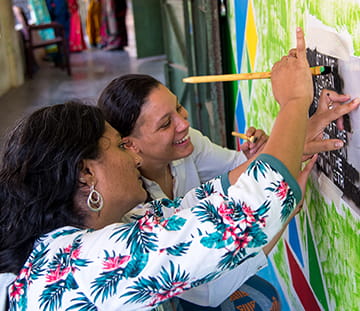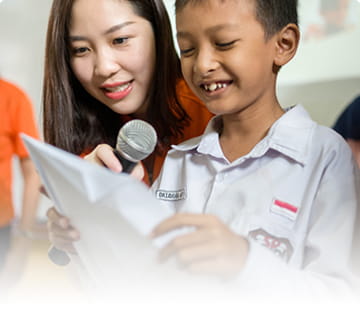Thousands of People in Yunnan Receive Better Palliative Care at the End of Project between Singapore and China Healthcare Professionals
The Singapore International Foundation’s three-year healthcare training initiative saw Singapore volunteers work with their counterparts in China to raise standards.
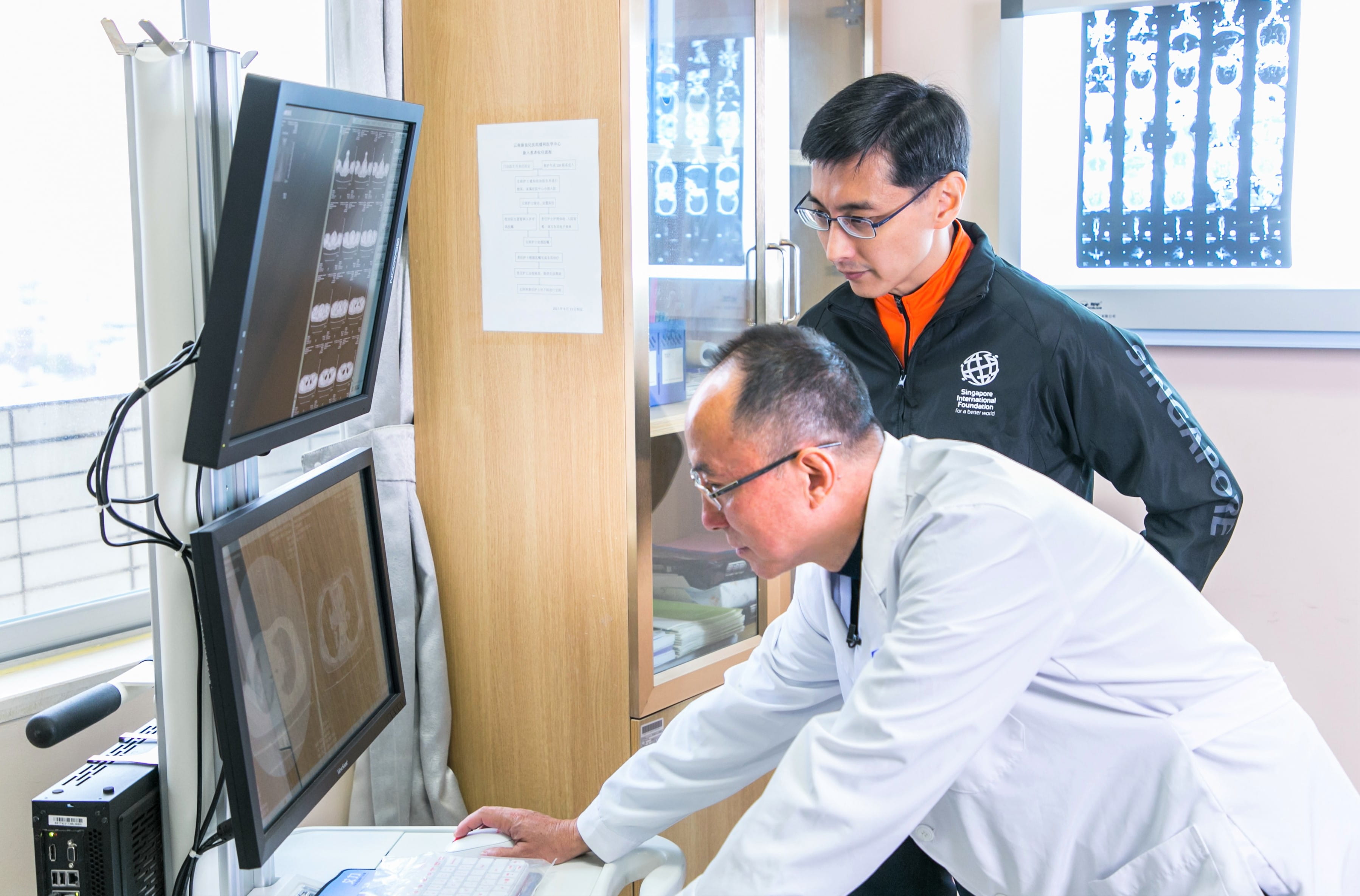
Terminally-ill patients in Yunnan now receive better care, thanks to the Singapore International Foundation’s (SIF) Enhancing Palliative Care in Yunnan, China project, which ended officially on 15 October 2022.
The project sought to enhance the capacity and capability of palliative care professionals in Yunnan province. It was the SIF’s first palliative care initiative in China, organised in partnership with Yunnan New Kunhua Hospital (NKH), Yunnan Health and Development Research Association (YHDRA), and Singapore’s Tan Tock Seng Hospital (TTSH).
A team of Singapore International Volunteers (SIVs), comprising multi-disciplinary palliative care professionals from TTSH, collaborated with their peers in China. They exchanged knowledge, skills, and experience through workshops and symposia.
This resulted in a core group of 39 healthcare practitioners in China becoming Master Trainers. They comprised doctors and nurses from the palliative, oncology, and geriatric departments of 18 hospitals and palliative care facilities, as well as social workers and university professors, in Kunming and surrounding counties.
These Master Trainers went on to train more than 800 other healthcare practitioners, thus making a wider sustainable impact in their local communities. Overall, the project benefitted about 36,000 members of the community in Yunnan, including patients and caregivers.
Ms Fang Rong Xian, participant and social worker, shared that she has gained fresh perspectives into the field of palliative care, as well as practical knowledge.
She added: “I have learnt a lot from the training, and I am very grateful to the SIVs. For instance, the communication techniques shared during the training were useful in my daily work. I was able to convey information effectively and tactfully to the patients and family members. I was also able to offer counsel and help foster better relations between the patients and their relatives.”
